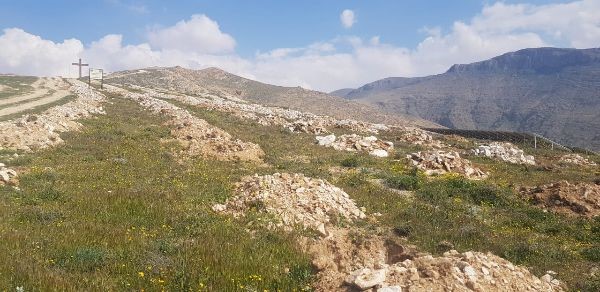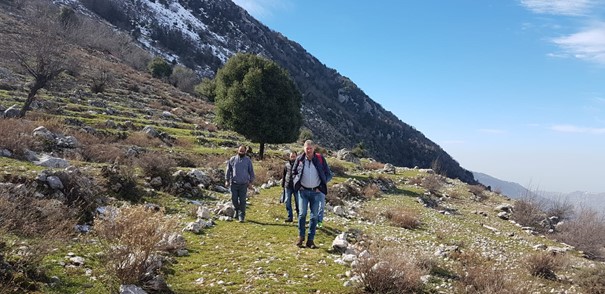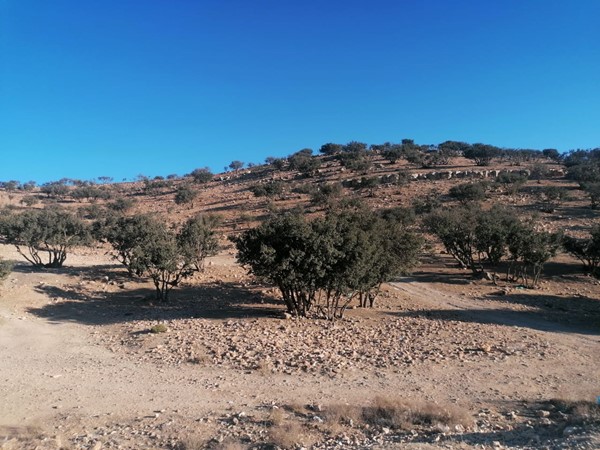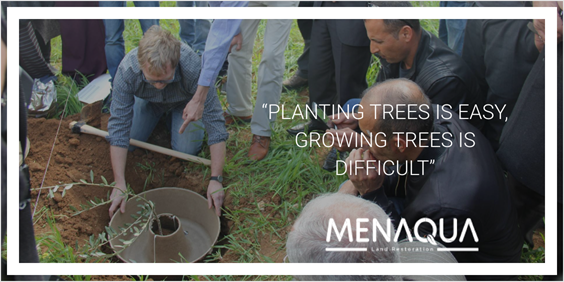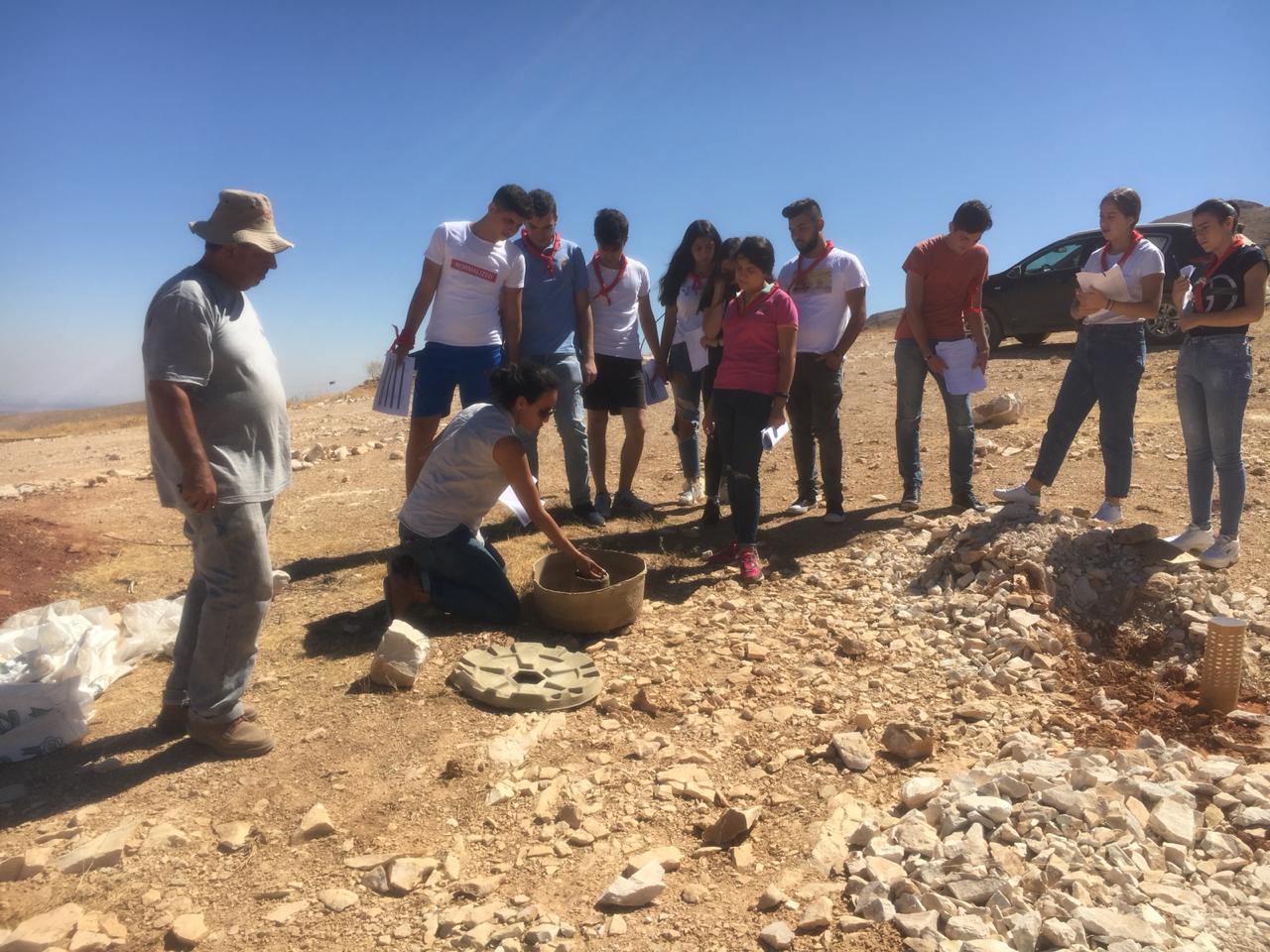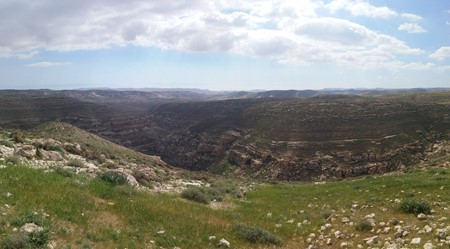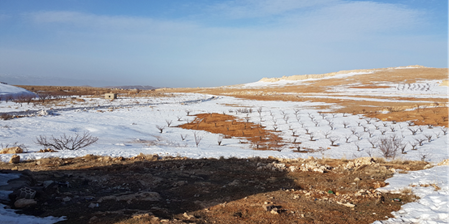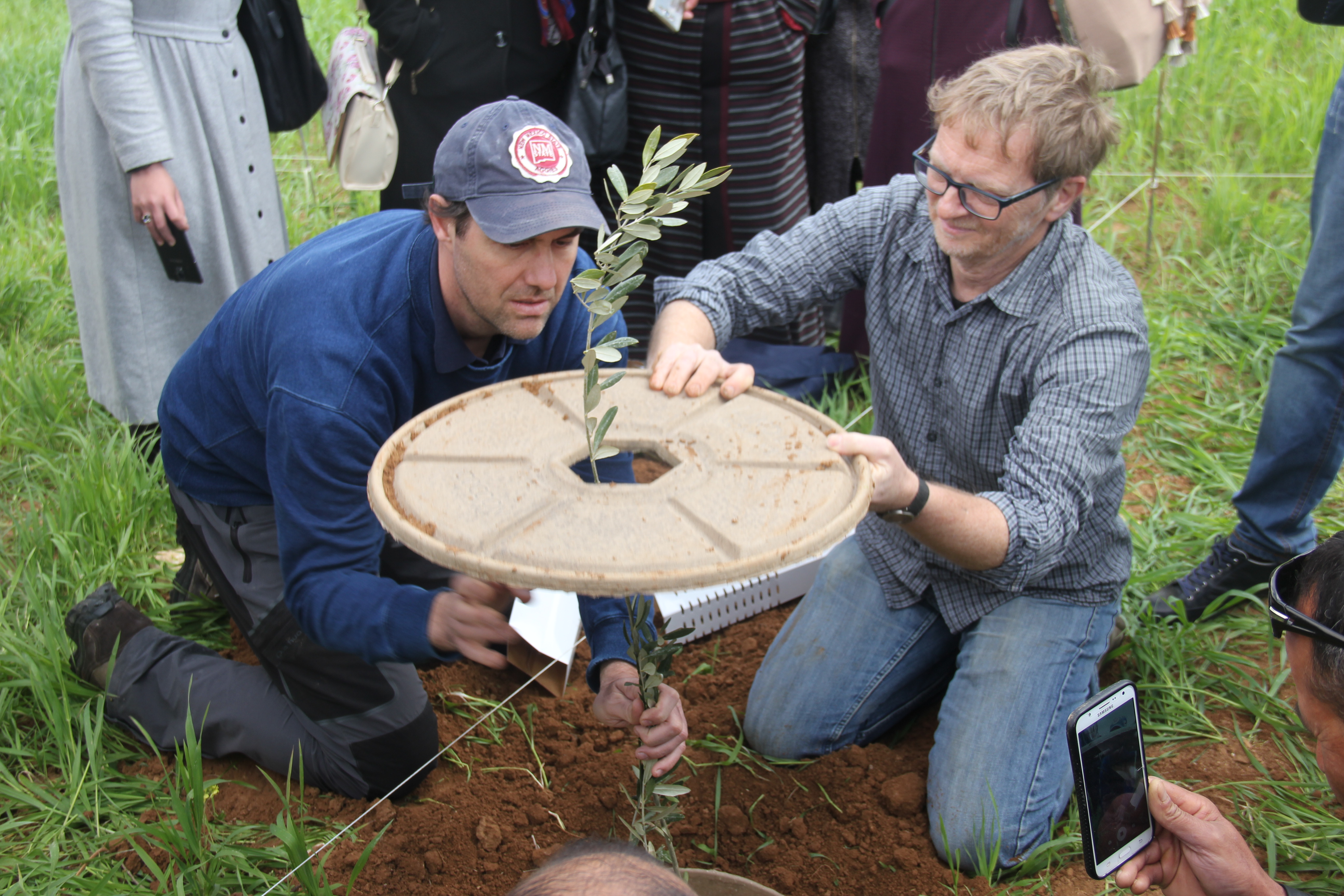Keeping promises
In our October newsletter we promised to come back with the results of the first planting season of 2019.
During spring 2019 (April, May) Menaqua in close collaboration with the Nature Conservation Center (‘NCC’) of the American University of Beirut (‘AUB’) began planting forest and fruit trees using the Cocoon technology.
The plantings were initiated as a demonstration project to test the efficiency of the Cocoon in supporting tree survival and as a valuable water saving technology. The pilot was carried out at three sites, Arsal, Ras Baalbek and Jabal Mousa. A combination of forestry species (Sicilian Suma) and commercial species (Almond and Plum) were planted. To be able to validate the impact of the Cocoon on plant survival a variety of irrigation scenarios – with and without the Cocoons – were tested.
Each individual tree in Arsal and Ras Baalbek was monitored every quarter. During each monitoring cycle, data on plant height, vigor, rate of survival and irrigation provided were measured.
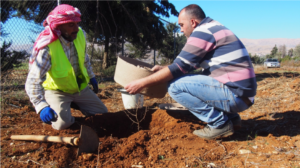
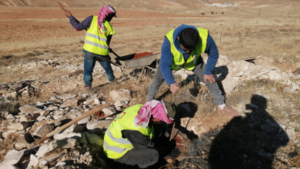
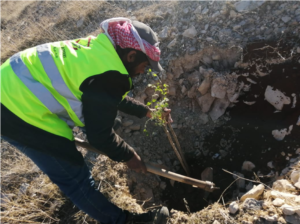
MENAQUA Second Planting, Fall 2019
Due to the successful results in Arsal and Ras Baalbek it was decided to proceed with the pilot program and enter into the second, a fall planting phase. Moreover, since the bad weather conditions in the area were hindering our monitoring and control process, we decided to change the Jabal Moussa site location. Therefore, AREC, an American University of Beirut training location, was selected to be our new, third planting site.
1. Arsal
The site is located 124 kilometres northeast of Beirut:
• Planting took place in November,
• 600 Trees were planted, and all trees were bare roots,
• Wild versions of fruit trees such as wild Almond and wild Peach were planted,
• The project in Arsal was extended to work with 6 local farmers in their own private land plots,
• Each farmer was handed both fruit trees and forestry trees,
• Two scenarios were applied, one with Cocoons and one without Cocoons. Since planting took place in fall there will be no need for a Cocoon refill or irrigation during the following 3 months.
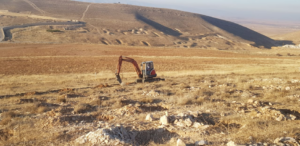
2. Ras Baalbek
The site is located in the northern Beqaa Valley in Lebanon:
• Planting took place in December,
• 150 Forestry seedlings of Rhus Coriaria were planted in Ras Baalbek and all trees were bare roots,
• Two scenarios were implemented, one with Cocoons and one without Cocoons. The areas where Cocoons have been planted don’t need irrigation during the following 3 months.
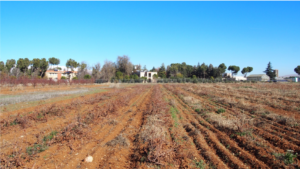
3. AREC
AREC is an American University of Beirut Farm and a training location for farmers:
• Planting took place in December,
• The Cocoon technology was used in the planting of the forestry species,
• 101 Pyrus Syriaca trees were planted and all trees were bare roots,
• Planting was done along a fenced area to protect the plants.
“Restoration of livelihoods, biodiversity and cultural significance are the ecosystem services we hope to generate through our work in land restoration. Each tree planted through our agroforestry program is a step towards achieving our goal of green, healthy and productive landscape in the middle east.”
Preethi Sridharan, Agroforestry Consultant Menaqua
